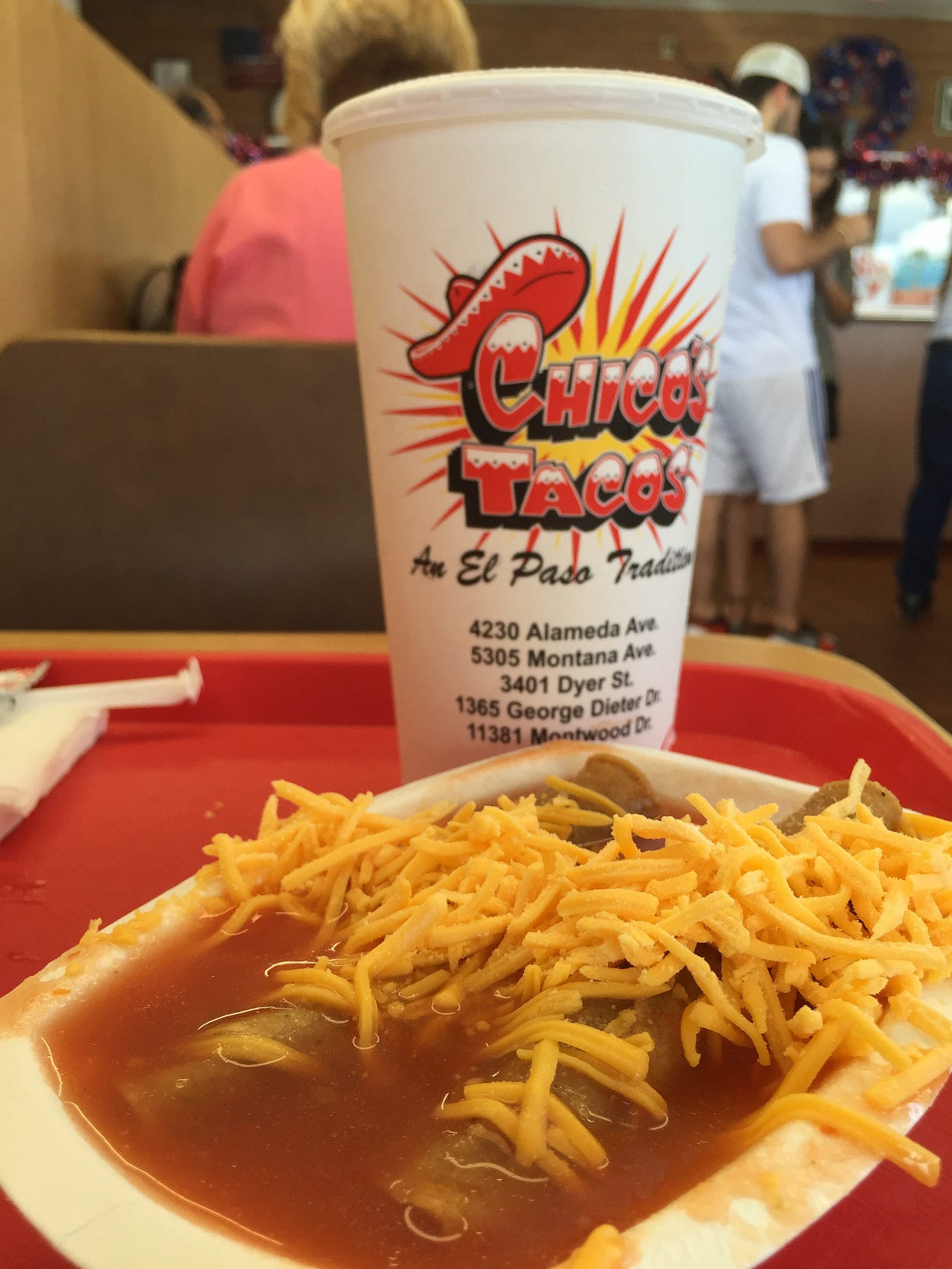🚰 The Future of Water: El Paso's Bold Step into Toilet-to-Tap Technology
Discover how El Paso is turning wastewater into drinking water in a sustainable, groundbreaking way.
😽 Keepin’ It Simple Summary for Younger Readers
👧🏾✊🏾👦🏾
🚰 El Paso is building a special center to clean and reuse water that people have already used. This is important because it doesn't 🌧️ much there. The center will use advanced technology to make dirty water drinkable again. It's a new idea for making sure everyone has enough water to drink in the future, even if it sounds a bit funny at first. 😊
🗝️ Takeaways
🚽 El Paso is pioneering the U.S.'s first direct-to-distribution wastewater reuse facility.
💡 The project is essential due to desert conditions and low annual rainfall.
🧪 The facility uses a four-step purification process: reverse osmosis, ultraviolet light with hydrogen peroxide, activated carbon filtration, and chlorine disinfection.
🌵 Tucson is also considering similar water recycling technologies.
🚀 The move challenges our perceptions of water use while addressing urgent climate issues.
💭 We've always been drinking recycled water; now technology helps us do it on purpose.
From Flush to Faucet: El Paso's Water Revolution Has Us All in Deep... Thought
In the parched borderlands where the Rio Grande runs increasingly not-so-grande, El Paso has decided to cut out nature's middleman and go straight for the toilet-to-tap gold.
The city recently broke ground on America's first direct-to-distribution wastewater reuse facility—the cheerfully named "Pure Water Center"—a technological marvel that will transform what you flushed yesterday into what quenches your thirst tomorrow.
The Desert's Desperate Drink
Let's face it: when you live in a desert with annual rainfall that wouldn't fill a kiddie pool, desperate times call for desperate measures. El Paso's Pure Water Center isn't just another infrastructure project; it's an admission that our climate-changed reality demands solutions that might make our grandparents clutch their pearls and reach for their bottled water.
The facility will reportedly treat wastewater from the Roberto Bustamante Wastewater Treatment Plant (already a mouthful) and produce 10 million gallons of drinking water daily by 2028. That's enough recycled toilet flushes to fill roughly 15 Olympic-sized swimming pools every day—though I suspect they won't be marketing it quite that way.
The Four Horsemen of Purification
The water will undergo a rigorous four-step cleansing ritual that sounds like a spa treatment for sewage:
Reverse osmosis: Essentially water passing through molecular bouncers that reject anything larger than an H₂O molecule
Ultraviolet light with hydrogen peroxide: Giving microbes the world's most lethal sunburn
Activated carbon filtration: Forcing water through fancy charcoal (because regular charcoal just wouldn't do)
Chlorine disinfection: The swimming pool classic, for that nostalgic "summer at the public pool" flavor
After this technological tap dance, the water supposedly exceeds all state and federal drinking water standards—which, given the state of federal standards these days, might be clearing a bar that's lower than the water table El Paso is desperately trying to preserve.
The Tucson Toilet Tango
Not to be outdone in the race to reclaim what we exclaim, Tucson is now eyeing a similar system. The Arizona desert metropolis, apparently jealous that El Paso will get to drink its own waste first, is considering joining the toilet-to-tap revolution.
This southwestern water recycling arms race reveals our climate contradiction conundrum: we've engineered ourselves into ecological conditions requiring technological solutions to problems that wouldn't exist if we hadn't created those conditions in the first place. It's the perfect circularity of capitalism—create the crisis, sell the solution, repeat until resources or patience runs dry.
The Chico's Conundrum
Now, for El Pasoans currently celebrating this wastewater wizardry, I pose a deliciously uncomfortable question: If you're squeamish about consuming what was once floating in Chico's Tacos' legendary red "soup"—that mysteriously thin, possibly tomato-adjacent liquid in which their rolled tacos bathe before making their way to your digestive system—how comfortable are you knowing that same liquid might complete the ultimate recycling journey back to your tap?
Consider the philosophical implications: that spicy, greasy elixir that enthusiastic locals defend with religious fervor despite outside skepticism might soon be processed, purified, and poured right back into your glass. Will the subtle umami notes of yesterday's taco soup be entirely eliminated, or will some essence remain, creating the most local of terroirs in El Paso's municipal water supply?
The Privilege of Being Picky
While we joke about the ick factor, this water revolution exposes our privilege of being selective about our resources—a luxury that climate change is rapidly draining away. The reality is that all water on Earth has been recycled countless times through various organisms. Your precious H₂O has likely passed through dinosaurs, emperors, and every species in between.
For places like El Paso and Tucson, it's not just about turning waste into wonder, but transforming necessity into resilience. In regions where rainfall is as reliable as political promises to address climate change, direct wastewater reuse acknowledges a fundamental truth that squeamish consumers might prefer to flush from memory: we've always been drinking recycled water—nature just used to do the filtering for us.
Sipping Toward Sustainability
The real question isn't whether we should recycle wastewater, but why it took us so long to admit we've always been doing it. Perhaps it's time we all got comfortable with the uncomfortable reality that in our water-starved future, the distance between toilet and tap was always shorter than we cared to admit.
So here's to El Paso and Tucson—pioneers bravely acknowledging that sometimes sustainability requires swallowing our pride along with our purified wastewater. And who knows? Maybe in a few years, "toilet-to-tap" will be a badge of environmental honor rather than a punchline.
Just maybe keep the Chico's Tacos on the side, not in the water supply.







